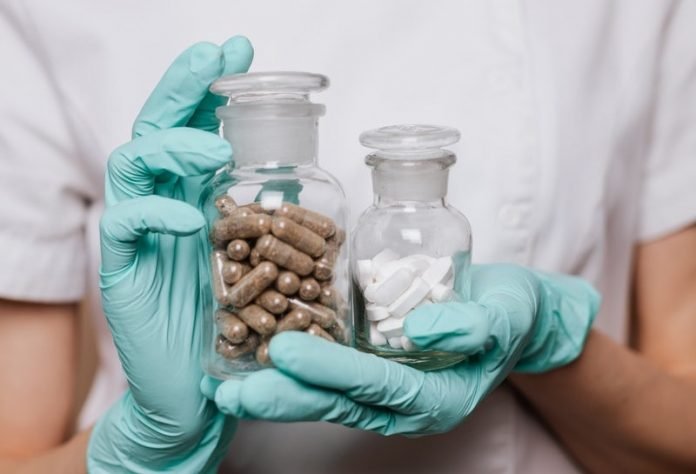
In a new study, researchers found that a widely available and inexpensive drug targeting inflammatory genes may reduce mortality in COVID-19.
They reported that the drug, Topotecan (TPT), inhibited the expression of inflammatory genes in the lungs as late as four days after infection.
The research was conducted by Mount Sinai scientists and others.
Although the pathophysiology of SARS-CoV-2 is not yet fully understood, scientists have found that the virus triggers excess production of cytokines and chemokines—chemicals that are secreted by cells of the immune system to help fight infection.
An exaggerated immune system response, which characteristically occurs in the lungs of COVID-19 patients, can flood the infected area with white blood cells, resulting in inflammation, possible tissue damage, organ failure, and death.
Reduction of the inflammatory state in such patients could therefore improve their clinical outcomes.
In 2016, the team found that inhibiting the activation of inflammatory genes could help prevent animal deaths from viral and bacterial infections and suggested this could be a potent strategy against future pandemics.
In the study, the team found that TOP1 inhibitors were able to broadly or systemically dampen inflammatory gene expression in animal models.
The findings suggest that repurposing the TOP1 inhibitor could be a valuable global strategy for treating severe cases of COVID-19.
The safety and efficacy of this treatment strategy in humans will soon be evaluated at clinical sites around the world, including India, where a trial recently began.
The World Health Organization (WHO) is also expected to play an important role in subsequent studies.
The study is published in Cell. One author of the study is Ivan Marazzi, Ph.D., Associate Professor of Microbiology.
Copyright © 2021 Knowridge Science Report. All rights reserved.



